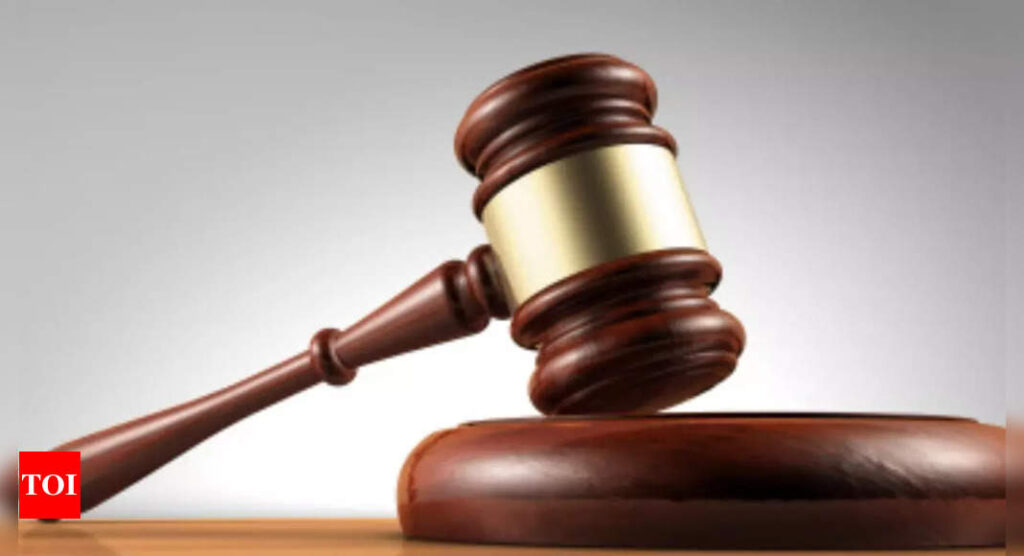Law Commission: Law Commission backs sedition law, govt says not bound by it | India News – Times of India

The commission, while recommending that Section 124A of IPC, which treats sedition as a criminal offence be retained, called for safeguards and amending the law, which has been prone to misuse. However, its stand is contrary to the Supreme Court’s, which put the law in abeyance.

02:55
Law Commission backs sedition law, says ‘India’s ground reality different’
‘Govt can frame norms to prevent misuse’
The government reacted promptly, with law minister Arjun Ram Meghwal tweeting. “The Law Commission report on sedition is one of the steps in the extensive consultative process. The recommendations made in the report are persuasive and not binding. Ultimately, the final decision will be taken only after consulting all stakeholders. Now that we have received the report, we will hold consultations with all stakeholders so that we take an informed and reasoned decision in public interest.”
The law panel’s recommendations provide for compulsory investigation of a case by an inspector-rank officer and approval of the central or state government, as the case may be, before registering an FIR under Section 124A.

03:10
‘Nothing wrong’ with retention of Sedition Law: Senior Advocate Aman Lekhi
As for the penal provisions, the commission recommended a maximum life term, or seven years, or just a fine, depending on the case. Currently, the penal provision has a maximum punishment of life term, or three years, or fine.
The SC had, through an order in May last year, put the law enacted in 1860 in abeyance with an instruction to the central and state governments not to file any FIR under Section 124A while suspending all investigations, trials and proceedings under this law. The Centre had promised to bring suitable amendments in the controversial provisions of the sedition law. The government had later referred the matter to the Law Commission for a detailed study. The order came against the backdrop of instances of misuse of the sedition law by governments of all hues against their political opponents, as well as overzealousness by officers at the lower rung in diverse jurisdictions to invoke it.
The commission, however, took a contrary view. “The Law Commission is of the considered view that Section l24A needs to be retained in the IPC, though certain amendments, as suggested, may be introduced so as to bring about greater clarity regarding the usage of the provision,” Justice Ritu Raj Awasthi, chairperson of the Law Commission and a former chief justice of Karnataka high court, said.
The panel has recommended that the scheme of punishment provided under the section be amended to ensure that it is brought on a par with other offences. To prevent misuse of Section 124A, it said the Centre may bring model guidelines to curb the same. The panel suggested introducing an amendment in Section 154 of CrPC by incorporating a proviso in the following manner: “Provided further that no FIR for an offence under Section 124A of the IPC shall be registered unless a police officer, not below the rank of inspector, conducts a preliminary inquiry and on the basis of the report made by the said police officer, the central government or the state government, as the case may be, grants permission for registering an FIR.”
It provides for the said police officer “to complete a preliminary inquiry within seven days for the limited purpose of ascertaining as to whether a prima facie case is made out and some cogent evidence exists”.
The reasons for registration of the FIR are to be recorded in writing and only thereafter, permission shall be granted, the panel said. This is in line with the observations made by the SC, it added.






